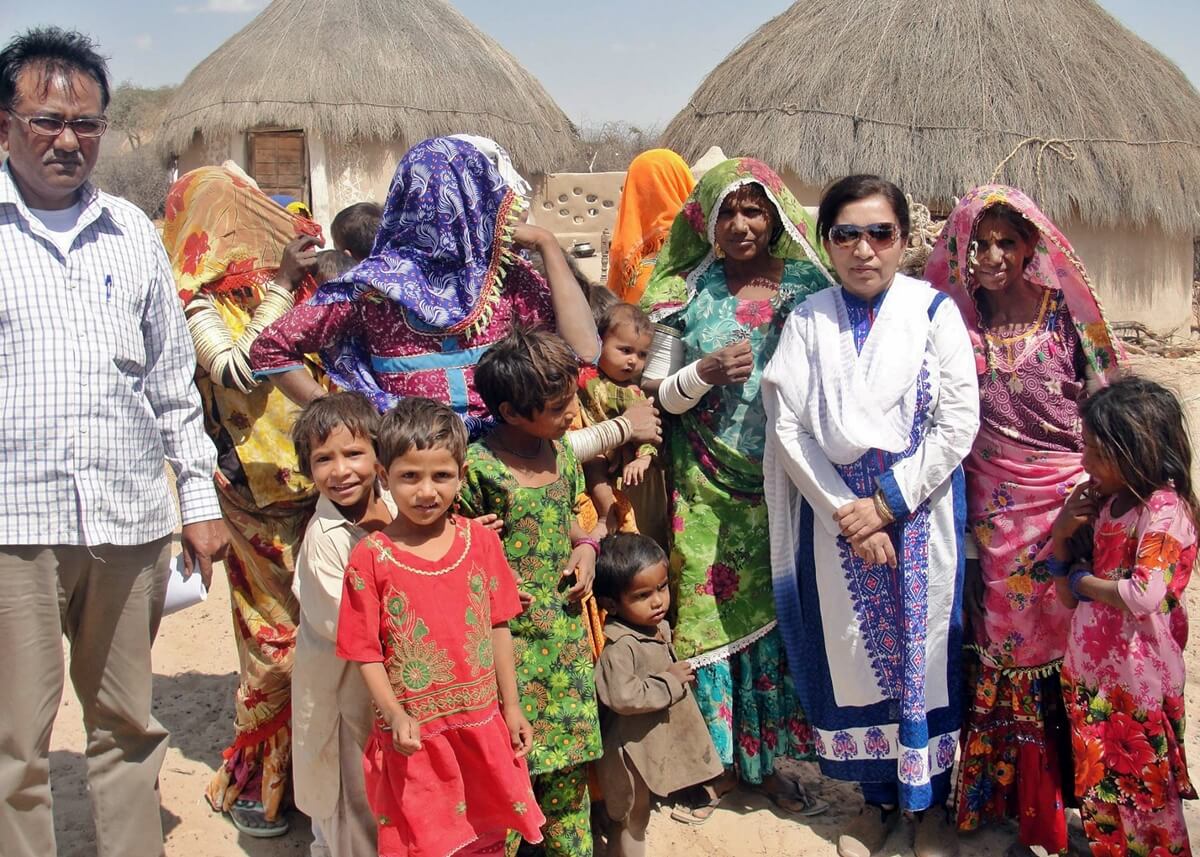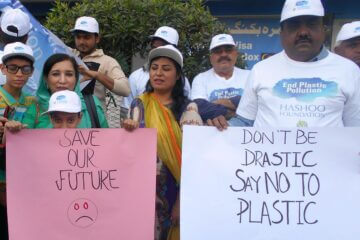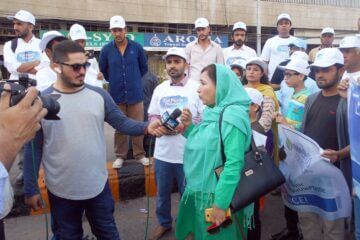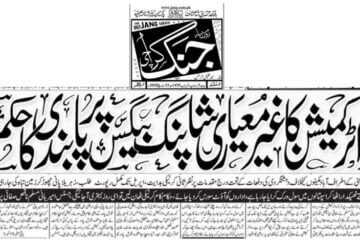In the heart of the Sindh region lies Tharparkar, a desert that has been etched in the media’s attention for its relentless struggles. The challenges faced by its people are numerous and profound: newborn and infant mortality, water scarcity, dwindling livestock, food insecurity, and the absence of rain. These issues, seemingly insurmountable, have their roots deeply embedded in the phenomenon of climate change. However, amidst the adversities, a glimmer of hope has emerged through the combined efforts of Green Media Initiatives and the inspiring duo of Dr. Pervaiz Amir and Farozaan.
Recognizing the urgency of the situation, Green Media Initiatives answered the call to promote self-reliance among the people of Thar. Dr. Pervaiz Amir and Farozaan have embarked on a journey to uplift the lives of Tharparkar’s residents, with a focus on nurturing resilience and fostering sustainable solutions. The media’s spotlight on Thar has been instrumental in shedding light on the region’s challenges, ensuring that these pressing issues are not forgotten.
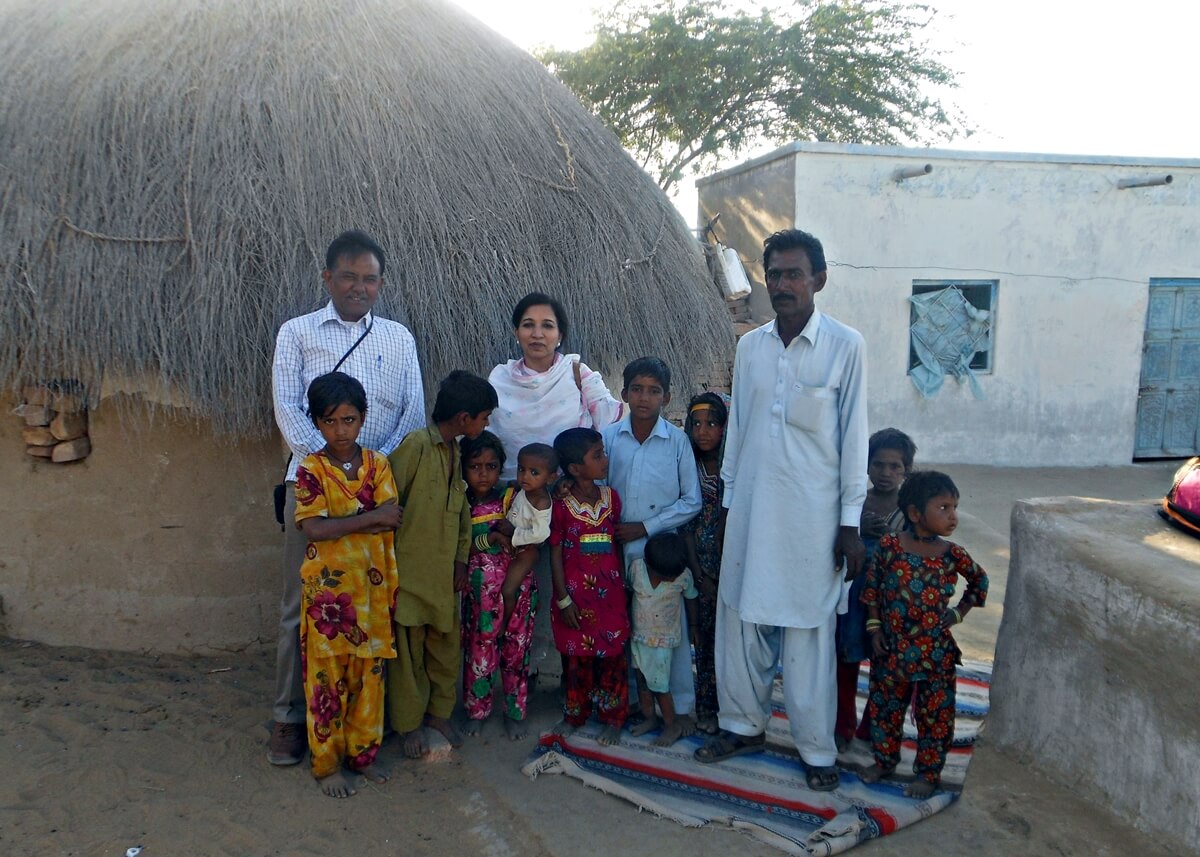
A critical problem that has plagued Thar is the scarcity of water, an issue that directly affects every aspect of life in the region. Livestock, a lifeline for many, have dwindled due to lack of water and fodder. The arduous task of fetching water from miles away has not only sapped the energy of the villagers but also exposed them to contaminated water, resulting in a myriad of health problems. The vicious cycle of poverty, illness, and hardship seemed inescapable.
In response to this crisis, the Pakistan Water Partnership has stepped in to bring about positive change. Collaborating closely with the villagers, they have been constructing water ponds that serve the dual purpose of providing clean water for human consumption and sustaining livestock. This initiative not only addresses the immediate need for water but also empowers the local community by involving them in its implementation. Furthermore, the partnership has recognized the importance of education in the face of adversity. Training sessions have been held to educate the villagers on soil cultivation techniques, efficient water management, and the art of planting seeds. The promotion of sustainable agriculture practices is a beacon of hope for Thar, promising a future where self-sufficiency is attainable.
Another pivotal aspect of Green Media Initiatives’ work in Thar is their dedication to media education. By training local media personnel, they ensure that the region’s environmental challenges are highlighted effectively. The power of media to catalyze change cannot be underestimated, and this training equips them with the tools to amplify the voices of Thar’s people. As they capture the stark reality of life in Thar, these media representatives play a vital role in raising awareness and garnering support for the cause.
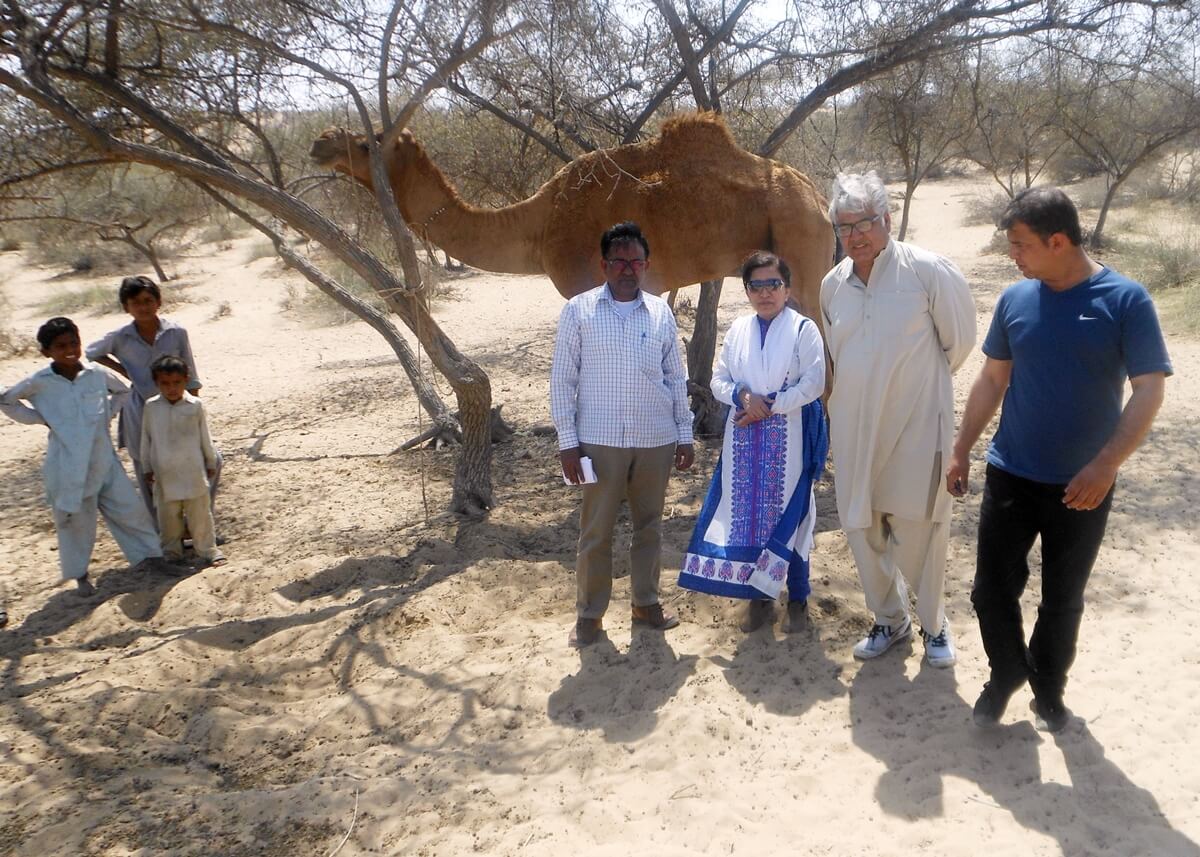
However, the journey toward a sustainable Thar is far from over. While Green Media Initiatives, Pakistan Water Partnership, and countless others are making valiant efforts, the scope of the challenge demands a collective response. Civil society’s involvement is crucial to bridge the gaps that still persist. The road ahead is challenging, but the path to a better, greener Thar is within reach.
In conclusion, Tharparkar’s struggles have echoed through the years, resonating with the world as a testament to the far-reaching impacts of climate change. However, hope has emerged from unexpected quarters. Dr. Pervaiz Amir, Farozaan, Green Media Initiatives, and the Pakistan Water Partnership have joined hands to reclaim Thar from the clutches of adversity. Through the construction of water ponds, education, sustainable agriculture practices, and media advocacy, a transformation is taking root. Thar is not just a desert; it’s a place of resilience, where the seedlings of self-reliance are being nurtured, and the harvest of a better future is within sight.

